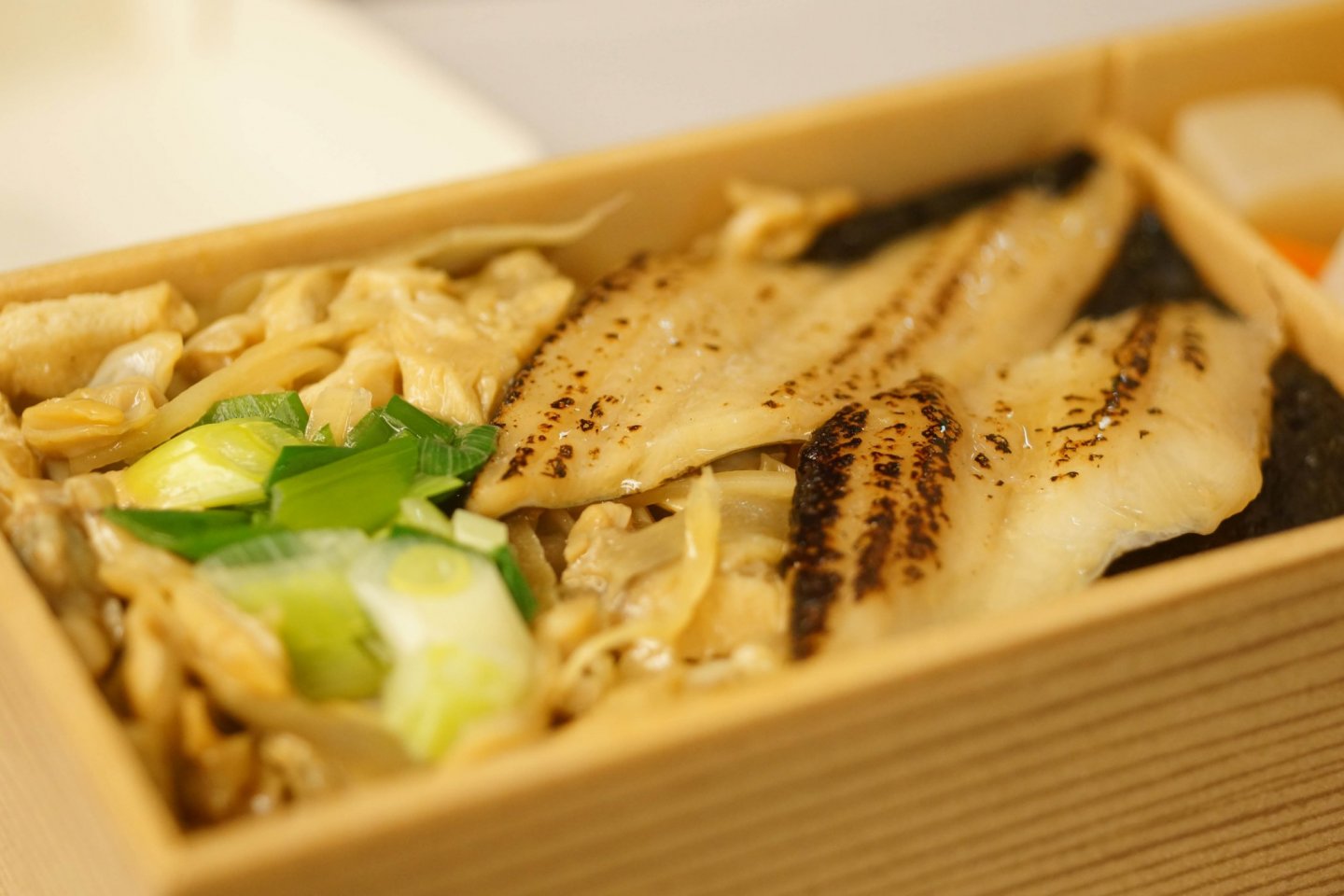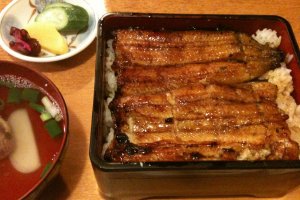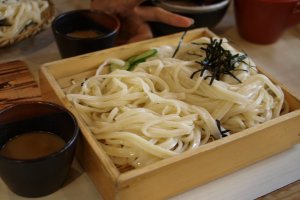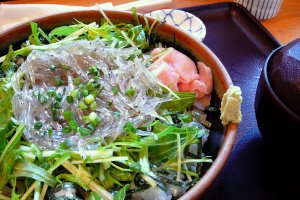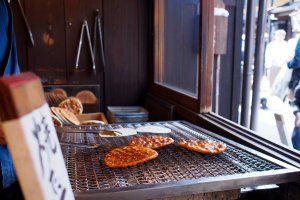Overview
As well as being home to the nation's capital, Tokyo, Japan's Kanto region also includes Chiba, Gunma, Ibaraki, Kanagawa, Saitama and Tochigi prefectures. The seven prefectures of Kanto, each with their own takes on common dishes, also feature unique local cuisines with flavours considered more robust than those of other regions. Here is a quick look at some of the foods of each prefecture in Kanto.
Chiba
Headlined by its international airport, it's easy to overlook Chiba Prefecture's legitimate gastronomical tradition. Its coastline is rich with seafood providing, among other things, fresh sardines and mackerel for popular local dishes like namero and sangayaki. Unagi eel has a history here extending deep into a once affluent Edo period while the national soul food, ramen, was taken to a new level courtesy of the Chiba's extremely active meat and dairy produce sector.

Gunma
Bucking the image of Japan as simply rice, Gunma Prefecture leads the way with its historical insistence on wheat. Never a major rice producer, the prefecture's mizusawa udon noodles are some of the best in the country and its yakimanju steamed buns are enjoyed with their own festival. Uniquely farm raised ginhikari rainbow trout is a rare treat and the region's okkirikomi hotpots make full use of Gunma's rural udon noodle nous.

Ibaraki
Blessed with rich soils, the produce of Ibaraki Prefecture's agricultural industry is a national name. Hitachi wagyu beef, one of Japan's top wagyu brands is recognised throughout the country while Ibaraki is the number one consumer of the region's natto fermented soybean. The famous anko nabe hotpot dish makes use of the unique meat of the angler fish with its flesh preparation almost a tourist attraction in its own right while peanuts, basted in miso, are a popular snack.

Kanagawa
With its seafood-filled coastlines, mountainous interior and international ports, the food of Kanagawa Prefecture is an eclectic blend of international inspiration and local know-how. Tiny shirasu sardines on rice are a staple dish here while the mountains and their temples have inspired religious vegan kencho jiru dining. Ports saw the introduction of curry into Japan as well as beef with both foods adapted into local dishes that soon won over the nation.

Saitama
Another champion of wheat, Saitama Prefecture cuisine is simple, down-to-earth belly food. Udon noodles are popular here with many variations like the famous river width noodle strips of Konosu and the firm strands of Kozo. The baked potato of Chichibu covered in miso sauce is a wonderful winter snack, the sweet potatoes of Kawagoe are up there with an excellent blend of taste and texture while the senbei rice crackers of Soka buck the wheat trend.

Tochigi
Tochigi Prefecture is blessed with national names in food. Gyoza dumplings are an absolute mainstay in Utsunomiya while the entire country recognises the prefecture's eminence in strawberry cultivation. Tochigi's nationally rated pristine waters provide the quality for the famously smooth and moist Sano ramen noodles and the local sauce katsudon of Ashikaga City is filled with secret sauce recipes. And that's to say nothing of Nikko's famous yuba tofu.

Tokyo
Home to more Michelin 3-star restaurants than any other city on the planet, world metropolis Tokyo is the veritable melting pot of the nation's cuisine. But its own traditional foods date back to the Edo period and are based on strong flavours and a blue-collar culinary tradition. Modern sushi was invented here while Fukagawa meshi rice bowls topped with clams and dojou nabe, a loach fish hotpot, reflect the city's feudal working-class heritage.

